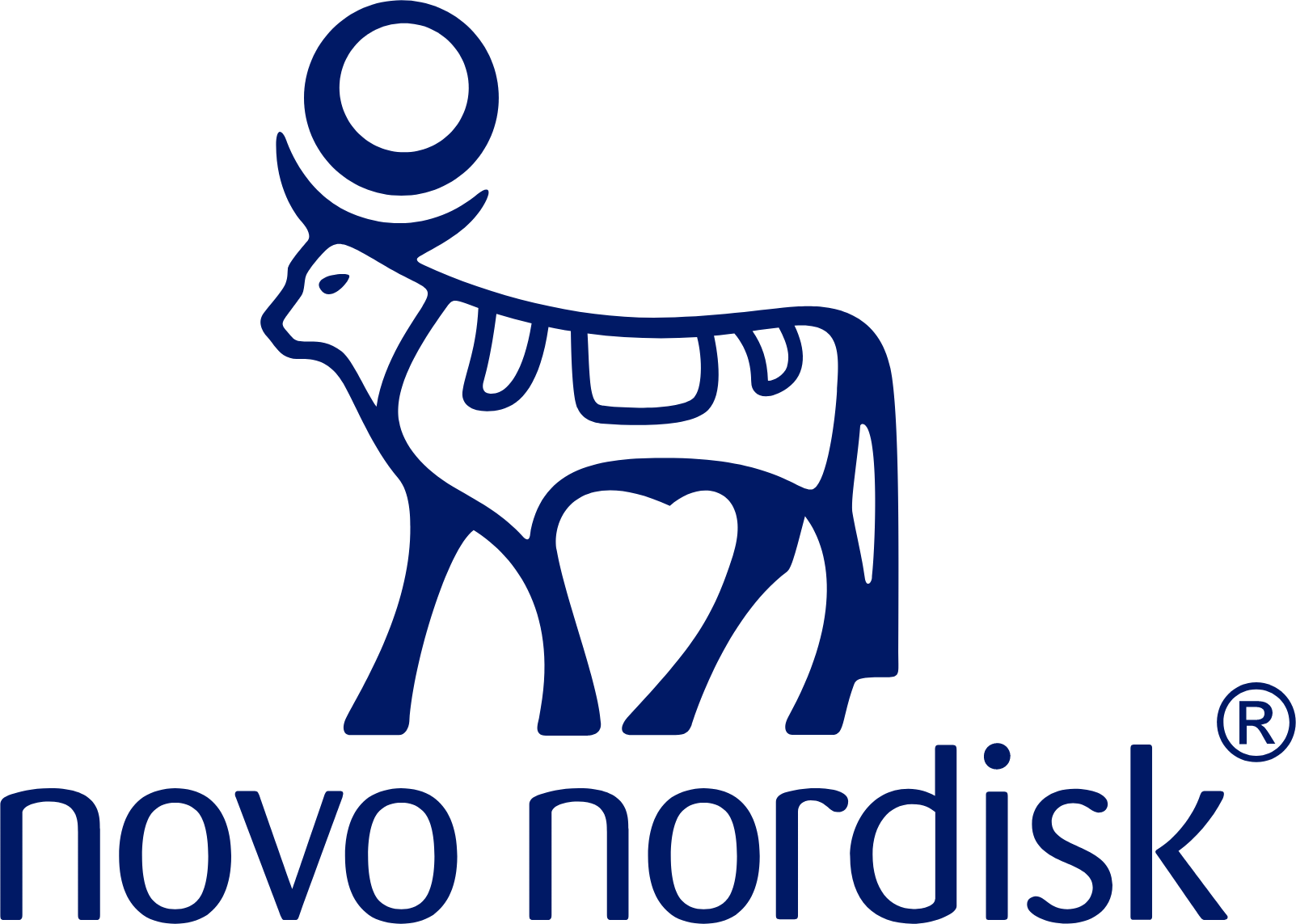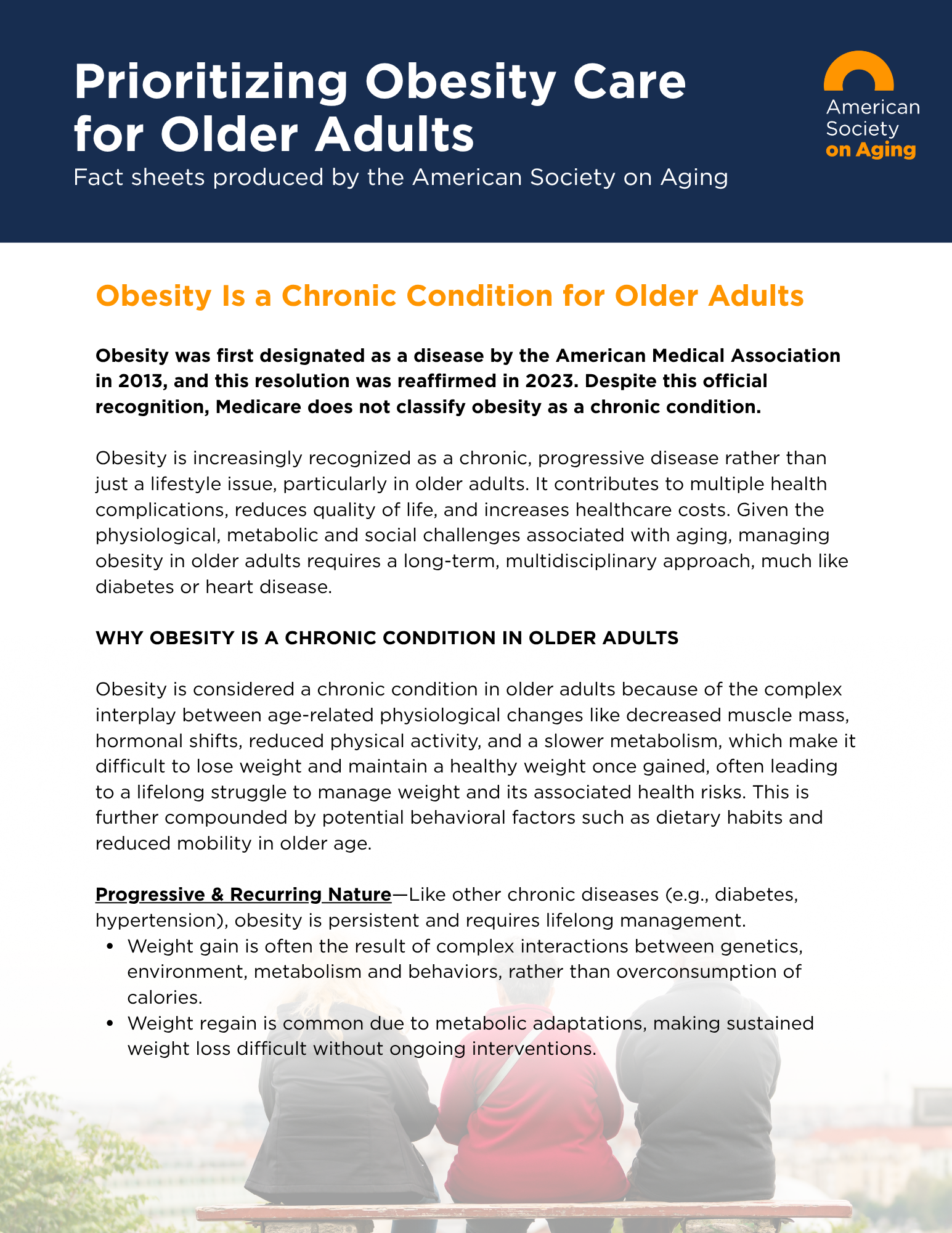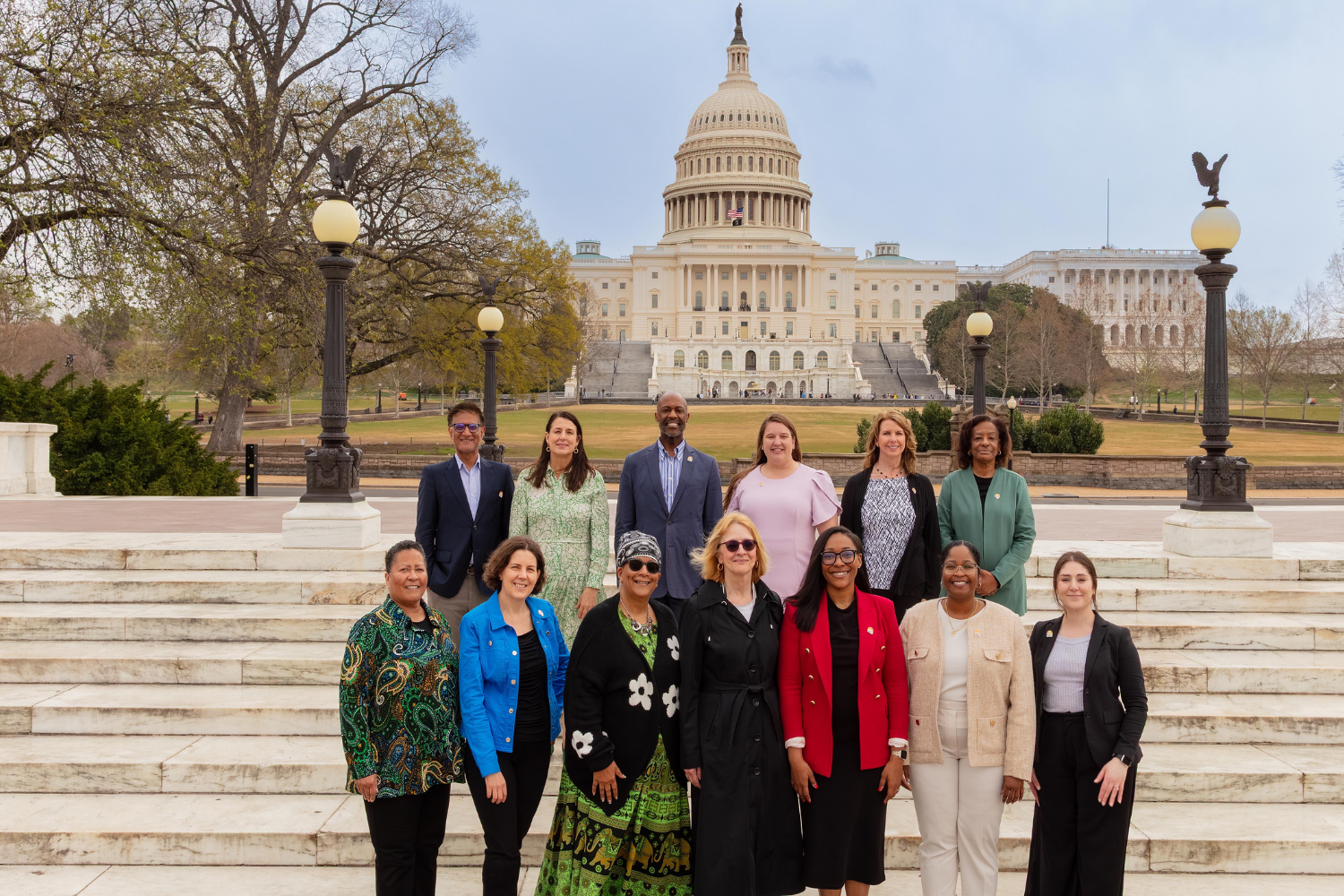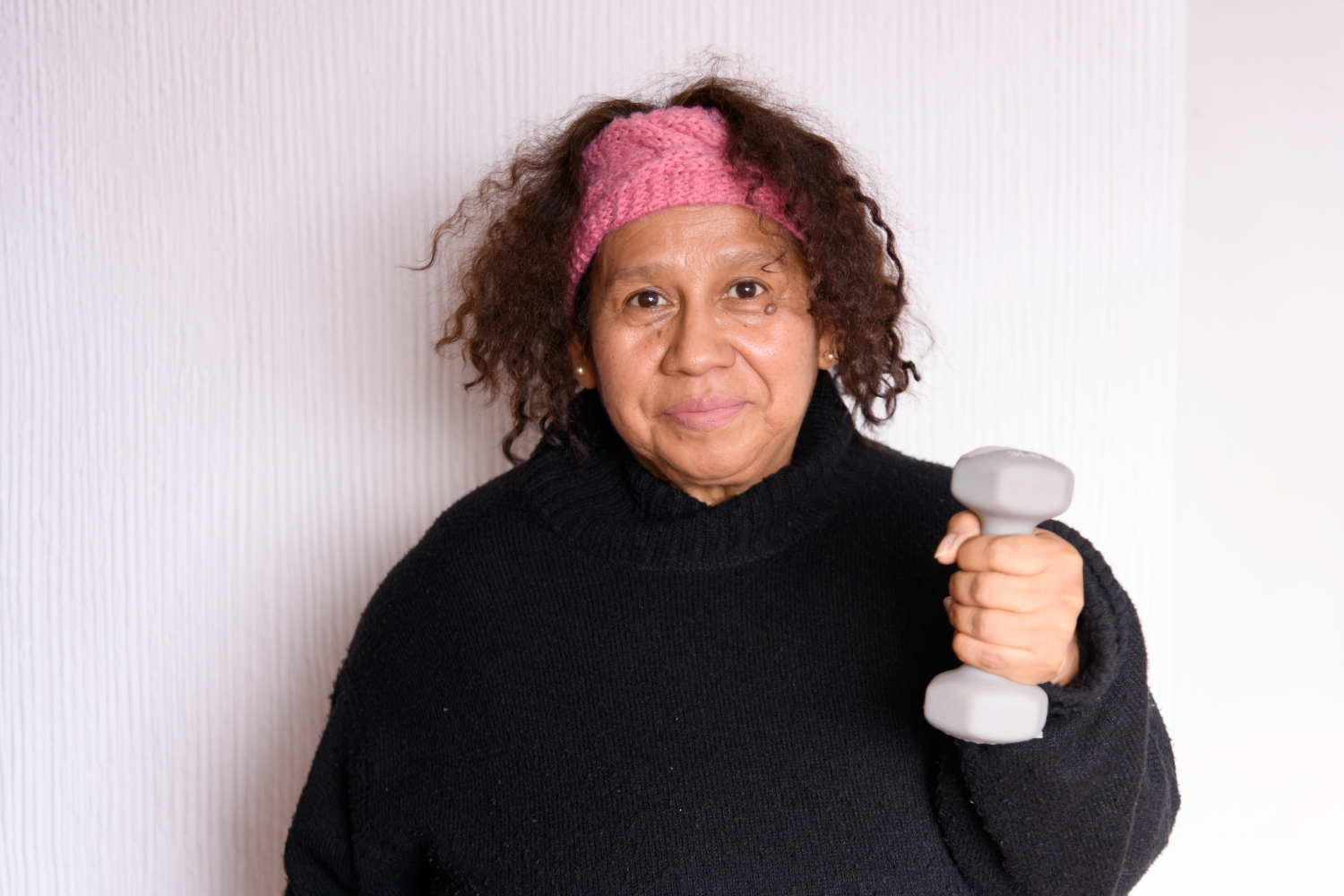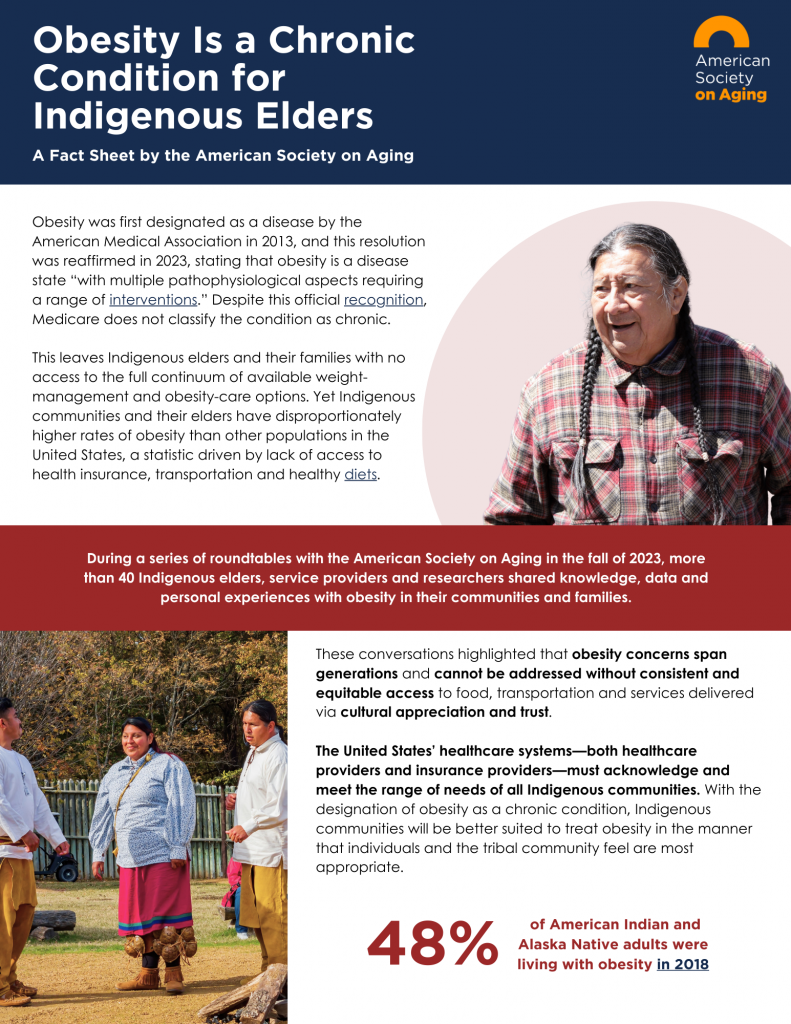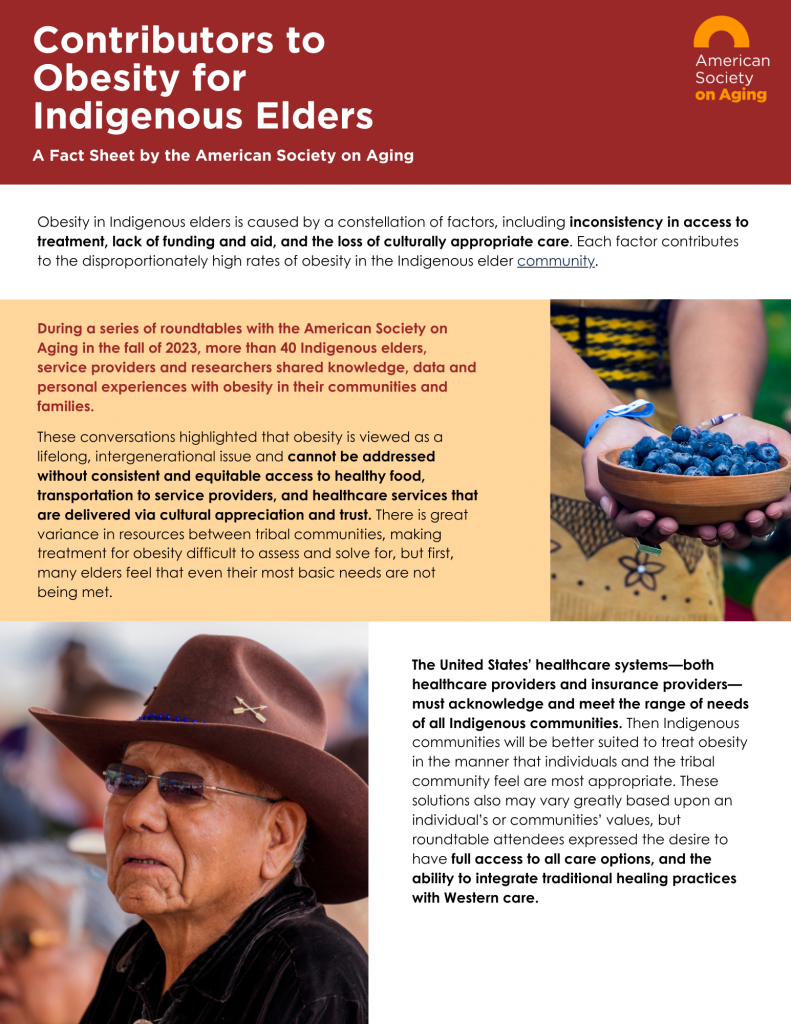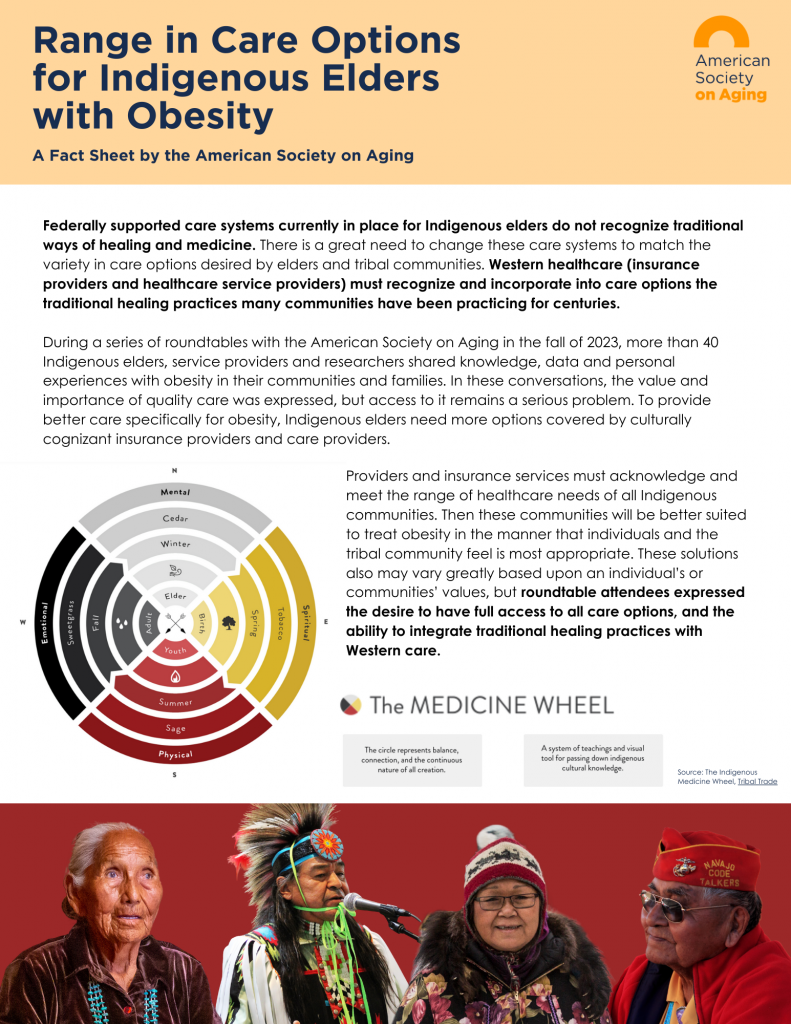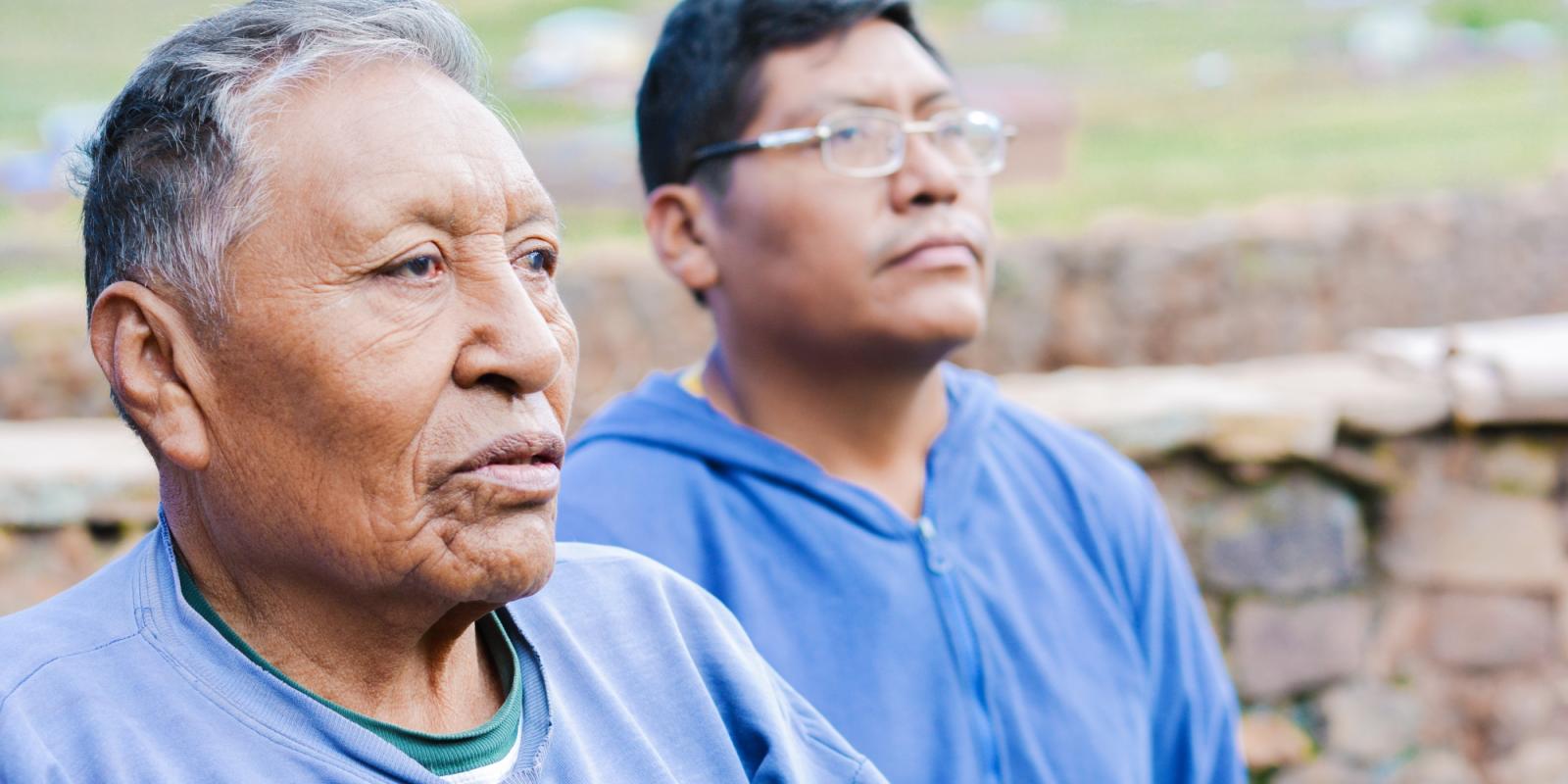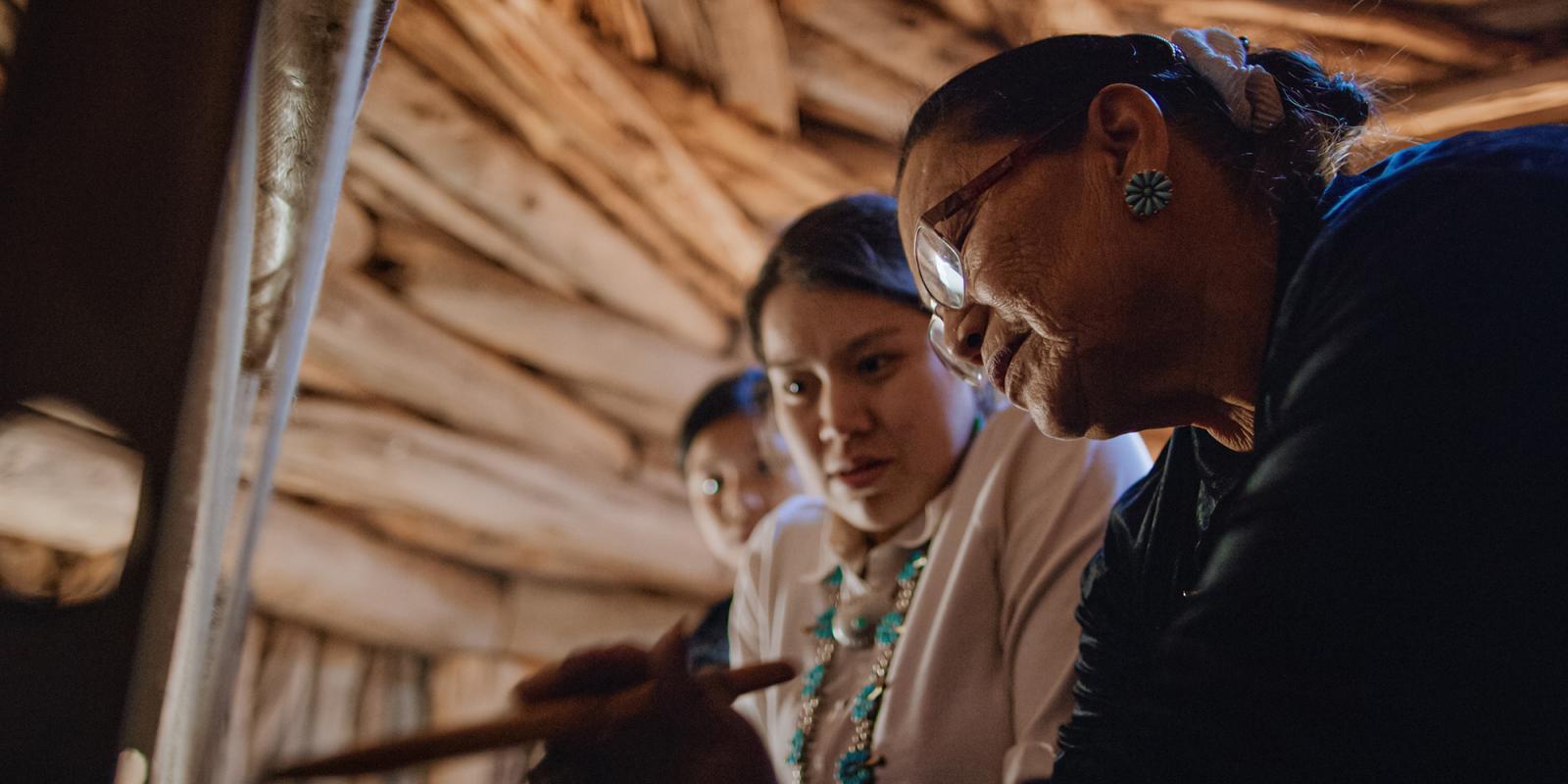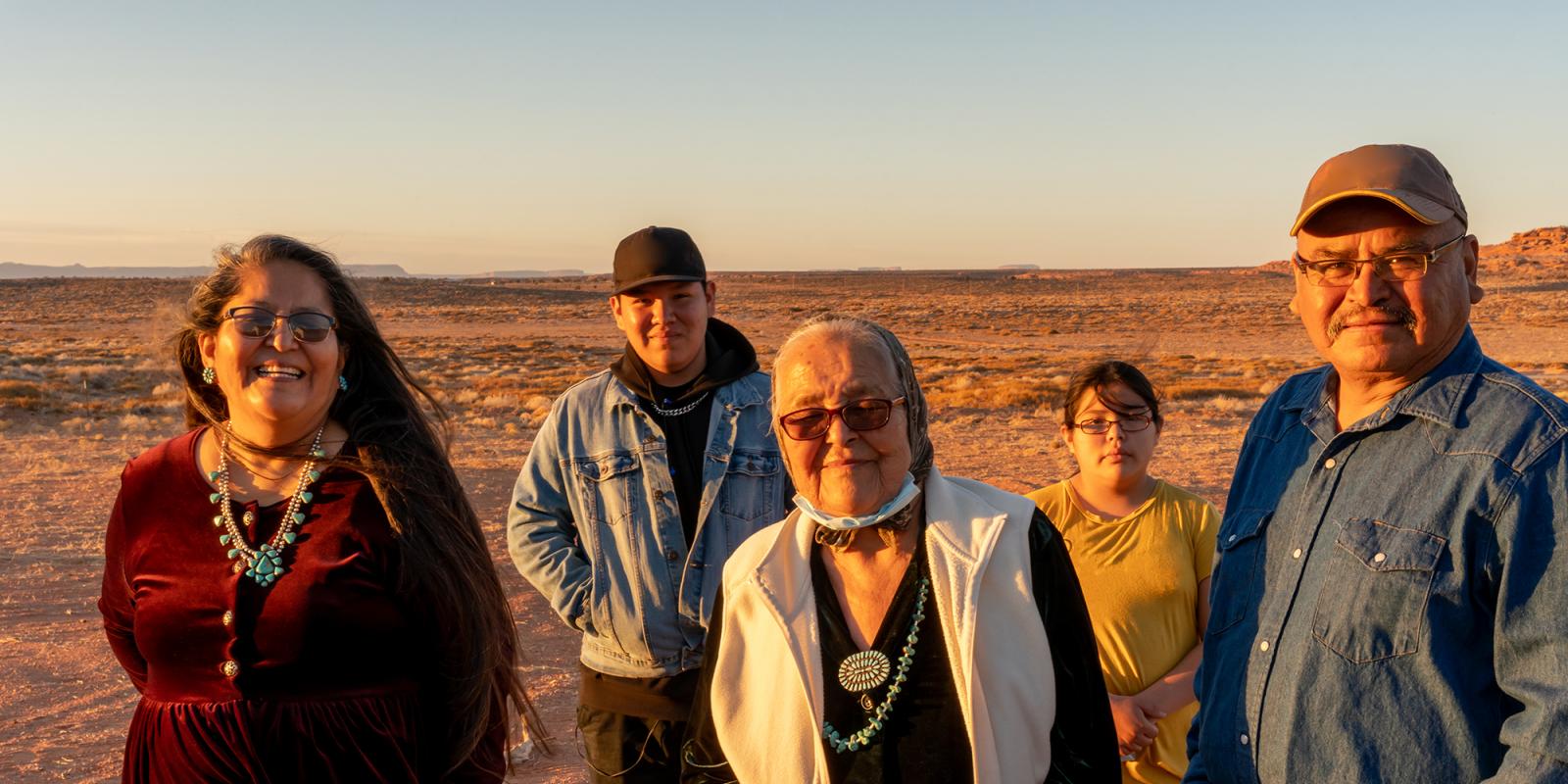Hill Day
ASA’s Hill Days are a cornerstone of our advocacy efforts, providing a powerful platform for our members to bring their voices directly to the halls of government. This important event allows members to meet face-to-face with legislators, staffers, and key decision-makers to share firsthand experiences, voice concerns, and advocate for policies that support their work and their communities. Whether discussing funding, regulations or legislative priorities, these conversations help personalize issues and demonstrate their real-world impact. By participating in Hill Day, our members not only influence policy dialogue but also build lasting relationships with elected officials, empowering them to be more effective advocates year-round.
Upcoming Virtual Hill Day
Dec. 3, 2025: Save the Date for ASA’s Virtual Hill Day on Older Adults & Obesity Care
ASA is convening a national Virtual Hill Day on Dec. 3, 2025, to elevate the voices, experiences and expertise of professionals who work with older adults, particularly around the growing impact of obesity and gaps in care.
This event will bring together ASA members to hold brief (15–30 minute) virtual meetings (e.g., Zoom, Teams, Google Meet) with their local elected congressional officials (your Representative in the House and your two Senators) and/or their legislative staff to:
- Share perspectives and stories from older adults and aging service professionals on the need to protect resources to support a rapidly growing aging population.
- Explore gaps in Medicare’s coverage of obesity care and why it matters for healthy aging.
- Highlight the Treat & Reduce Obesity Act (TROA) as one of the key policy proposals shaping the national conversation on obesity.
- Discuss health equity, access and dignity in aging—especially among communities disproportionately impacted by obesity, chronic illness and limited access to care.
- Engage in informational meetings with congressional offices to provide education, data and real-world experiences from the field of aging.
What Participants Will Receive
- A Virtual Hill Day Briefing Packet with data, background information, discussion points and a sample meeting script.
- Access to an Advocacy Training Webinar (live attendance or recording) on how to share stories and professional experiences in a policy setting.
- A Guide for Scheduling Virtual Meetings with Members of Congress and Staff with direct email contact information for your representative and senators, along with an email template to request meetings.
Why This Matters
Obesity is one of the most prevalent—and most misunderstood—health conditions facing older adults today. Many still encounter stigma, limited treatment options, and inconsistent coverage for evidence-based care. Conversations happening now in Congress, including around the Treat & Reduce Obesity Act, will influence how care is delivered for decades to come.
This Virtual Hill Day is an opportunity to ensure that those policy conversations are informed by people—like you—who know aging best.
Rooted in ASA’s Commitment to Equity & Belonging
This effort aligns with ASA’s mission to ensure that all older adults—across race, income, geography, gender identity and ability—can age with dignity, autonomy and belonging.
Virtual Hill Day 2025 is sponsored by:
Hill Day 2025
On April 3, 2025, ASA staff and member advocates headed to Capitol Hill to amplify key priorities impacting older Americans.
Hill Day 2025 focused on the following topics:
1) Protecting resources that support a rapidly growing aging population;
2) Expanding access to the full continuum of obesity care treatment for older adults.
To support these efforts, ASA created a set of fact sheets with key data and policy recommendations on Prioritizing Obesity Care for Older Adults, which were shared directly with lawmakers and their staff.
View the fact sheet:
Read more on this topic:
ASA’s Hill Day Highlights the Need for Action on Aging and Obesity
By Ryann Hill and Taylor Turner
Framing Obesity as a Health Equity Issue for Older Adults
By Patrice L. Dickerson
The Treat and Reduce Obesity Act: An Advocacy Agenda for Equitable Healthy Aging
By Patrice L. Dickerson
Hill Day 2024
On May 1, 2024, the American Society on Aging coordinated a day of advocacy with and on behalf of Indigenous Elders in Washington, DC. We met with elected officials, staffers and committee support staff to advocate for better and more equitable access to healthcare and obesity care treatments.
We shared findings from a series of roundtable sessions ASA staff held in 2023. These conversations had 3 themes, each of which we have compiled into a fact sheet:
- Obesity is a chronic condition for Indigenous Elders.
-
- Obesity concerns reach across generations.
- There are multiple contributors to obesity for Indigenous Elders.
- Less availability of healthy foods.
- Lack of transportation prohibiting access to medical care.
- Disconnection from tradition preventing Indigenous diets.
- Elders want to access the full range of care options available to treat obesity.
- Culturally appropriate care from providers.
- Access to medications to treat obesity without the current confusion or frustration with health insurance over what is covered through programs such as Medicare.
- Access to traditional methods of healing.
We asked elected officials to:
- Provide nutritious & culturally appropriate foods in the Older Americans Act’s Title III and Title VI programs.
- Increase funding allocation for Indian Health Services (IHS) to allow for better access and culturally appropriate care.
- Ensure greater access and options for obesity care treatment.
View the fact sheets:
Read more on this topic:
Tackling the Complex Issue of Obesity Among Indigenous Elders
By Heidi Robertson and Nanette Taho
Finding Balance in an Unbalanced World: Native Elders and Obesity
By Rebecca Owl Morgan
Nourishing Native Elders
By Heidi Robertson and Nanette Taho
Tackling Healthcare Bias Against Older Adults with Obesity
By Dorothea Vafiadis
Pass the Treat and Reduce Obesity Act (TROA) to Advance Quality & Equitable Obesity Care
By Dominique R. Williams
